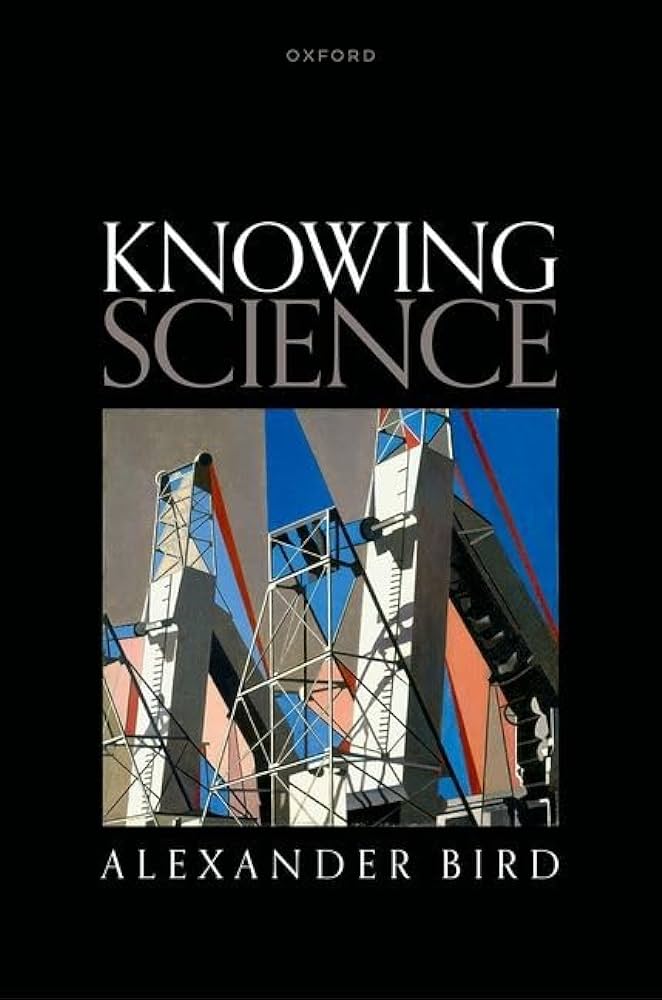 Na prośbę Pana Prof. dr hab. Tomasza Placka przesyłamy zaproszenie na wykład pt. Themes from Knowing Science, który wygłosi Prof. Alexander Bird.
Na prośbę Pana Prof. dr hab. Tomasza Placka przesyłamy zaproszenie na wykład pt. Themes from Knowing Science, który wygłosi Prof. Alexander Bird.
—-
Invitation
It is our pleasure to announce Professor Alexander Bird’s talk in Kraków next Wednesday (June 5th). The title is “Themes from Knowing Science” and the abstract is below.
The talk will take place at the meeting of the Epistemology Unit of the Philosophy Department, Jagiellonian University on June 5,.2024 at 11 AM in room 39 (in person only!).
Alexander Bird is the Bertrand Russell Professor of Philosophy at Cambridge and a fellow of St John’s College. His talk will be based on his recent book Knowing Science published by Oxford University Press.
Abstract: In this talk I will introduce the main ideas from my recent book Knowing Science (Oxford 2022). I will explain how the integration of knowledge-first epistemology into philosophy of science leads to a radically new epistemology for science. More importantly this epistemology is anti-empiricist. It also identifies the aim of science as being the acquisition of (scientific) knowledge, and progress in science as the accumulation of scientific knowledge. I explain how this integrates with a social epistemology with a central place for group knowledge. I conclude with reflections on meta-scientific knowledge—the realism versus anti-realism debate.
—-
Knowing Science presents an epistemology of science that rejects empiricism and gives a central place to the concept of knowledge. Science aims at knowledge and progresses when it adds to the stock of knowledge. That knowledge is social knowing—it is known by the scientific community as a whole. Evidence is that from which knowledge can be obtained by inference. From which it follows that evidence is knowledge. Evidence is not limited to perception, nor to observation. Observation supplies evidence that is basic relative to a field of enquiry and can be highly non-perceptual. Theoretical knowledge is typically gained by inference to the only explanation, in which competing plausible hypotheses are falsified by the evidence. In cases where not all competing hypotheses are refuted, scientific hypotheses are not known but possess varying degrees of plausibility. Plausibilities in the light of the evidence are probabilities and link eliminative explanationism to Bayesian conditionalization. Scientific realism and anti-realism are considered as metascientific claims. Such global metascientific claims are rejected—track records give us only local metascientific claims.
- Radosnych i spokojnych Świąt Wielkanocnych - 18 kwietnia 2025
- XVIII Warsztaty Filozofii Przyrody. Gniezno, 12-15 czerwca 2025. Zaproszenie - 16 kwietnia 2025
- Realizm Pierre’a Duhema - 9 kwietnia 2025

